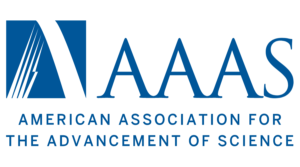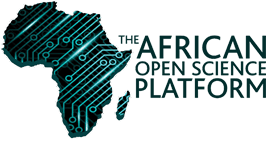Programme / Thematic session IV/e Open Science and a Just, Equitable Scientific Enterprise: Promises and Pitfalls
‹ back to Programme listerDay
Thursday / 8 DEC
17:00 - 18:30
Open science is an umbrella concept aimed at making science more inclusive, fair, equitable, and transparent. Open science policies focus on enabling replicability and reproducibility, and ensuring the fair access to scientific breakthroughs, such as medical treatments and vaccinations. They also can encompass access to scientific data and publications and participation in the scientific process itself. Open science, whether limited or expansion in concept, has significant implications. Its policies could alter the scientific process, change the recognition and reward system structure; create new systems for storing and sharing data; and shift financial models for accessing scientific information and publications. These would affect the scientific enterprise as well as individual scientists, which may have differing impacts based on their career stage and geographical location. The increasing adoption of open science strategies, along with their potential transformative effects calls for the need to reflect on possible implications of open science policies and how best to achieve the objectives of open science while ensuring open science policies are creating a more just and equitable scientific enterprise. Open science aims to guarantee that the benefits of science and scientific applications are accessible to all. To do so, the implementation of its policies and strategies must strengthen the scientific enterprise so that scientific benefits and applications will be developed for future generations to share. Only then will open science achieve its goals of being part of the solution to create a more equal, fair, and just world.
Panelists:
- Nicki Lisa Cole, Senior Researcher, Know-Center GmbH
- Ezra Clark, Chief of Section/Director a.i., UNESCO
- Tshiamo Motshegwa, Director AOSP, National Research Foundation
- Nicola Mulder, Head of Computational Biology Division, University of Cape Town
- Sudip Parikh, CEO, American Association for the Advancement of Science (AAAS)


